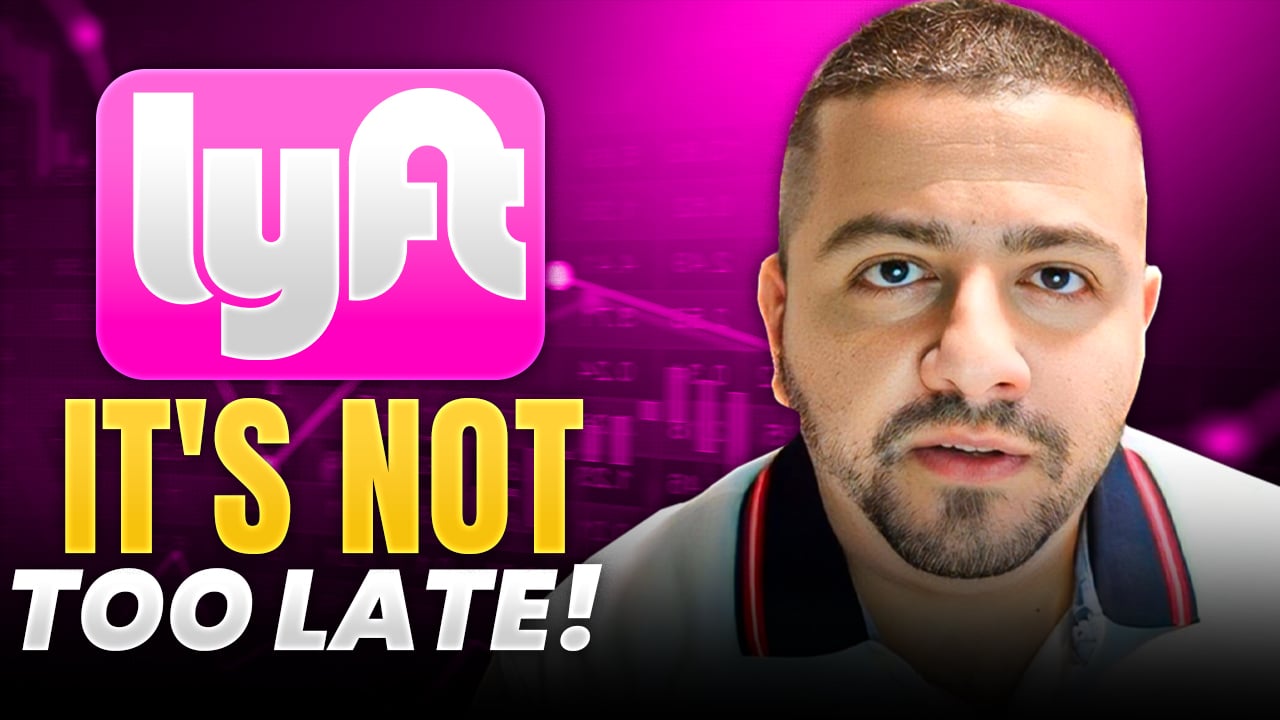Uber operates in over 60 countries and has roughly five times as many users on its platform compared to rival Lyft (LYFT 1.18%). Riders tend to use the service at a fairly consistent rate, which means growth will need to come from getting more users -- both riders and drivers -- on the network. Unfortunately, the underlying economics around the main ridesharing business remain awful.
In this segment from Industry Focus: Tech, host Dylan Lewis and Fool.com contributor Evan Niu discuss the ridesharing giant.
To catch full episodes of all The Motley Fool's free podcasts, check out our podcast center. A full transcript follows the video.
This video was recorded on May 3, 2019.
Dylan Lewis: I looked over some of the key business metrics. A lot of stuff moving in the right direction. As you might expect with a company that is going public, a lot of enthusiasm around the core business numbers, even if the financials aren't looking that pretty. You look over at the monthly active platform consumers, their user number for our purposes, 91 million in 2018. That's up 34%. And I think Uber has said that the number is roughly 2% of the combined populations of the countries that they are focused in, like you said, about 63 countries. They use that to illustrate that penetration is still very low, despite the fact that they have tens of millions of people as users.
Evan Niu: Right. Of course, their argument is going to be, look how much upside there is. But at the same time, there's a lot of debate over where the ceiling is, because a lot of people still just like to have their cars. Of course, in urban environments like you live in, you use a lot of ridesharing. I am in a suburban environment, I use almost no ridesharing. So there's a lot of debate over the long term, what does consumer behavior look like, and the demographic geographical differences. How high can that number go? We'll have to see.
Lewis: It's been funny to see how these two different companies have positioned themselves in terms of market share as they've gone public or are going public. With Lyft, they were saying, "Hey, we've got 39% of the North American ride hailing market," and I think they were really touting that number to say, "We're not that far behind Uber, really. We're a strong No. 2." You look at Uber's prospectus, and they say, "We have less than 1% market share of all transportation." [laughs] It's a really interesting case study in how a market leader vs. a second-place company tries to position themselves as they're building hype as they go public.
Niu: Yeah, it's all about their perspective. Who do you want compare yourself against?
Lewis: Yeah, exactly. And to your point, Evan, one number that is plateauing for the company is monthly trips per MAPC, that user number we were talking about. It's pretty much hung out at about 5.5 for the last year or so. I worry that there's a little bit of a usage ceiling there. Most of the growth that they're experiencing is from having more riders come onto the platform, not that the existing riders are taking more rides. That's pretty consistent with what we've seen looking at Lyft's prospectus. They see a huge jump in the cohorts of riders and usage from year one to year two, and then they more or less see it plateau, I think it's single-digit percentage growth year two and year three, and so on. So it's not hugely concerning because you're seeing it with the other major player in the space, but yes, there is a limit, I think, to how much people will use it until we see a maybe step change with autonomy or something like that.
Niu: To put a number to it, if you look at Lyft's numbers, their average rides per user were somewhere around eight or nine. It was the same thing -- it's not growing a lot, it's bouncing between this eight and nine level, give or take, fluctuating within a pretty narrow range. But it is interesting that Uber's number is slightly lower than Lyft's on an absolute basis.
Lewis: Yep. And it's going to be impossible for us to not talk about these companies in lockstep, even though they define some numbers differently, just because they are the two pure plays out there. You could argue Lyft is the actual pure-play because Uber has all these other offerings, but they're going to be the Pepsi and Coke for the ride-hailing businesses. Evan, looking at the reports we're seeing, I think Uber's offering somewhere just short of 200 million shares, I think it's about 180 million shares, somewhere in the range of $44 to $50 a piece. From what I understand, the offering is already oversubscribed. There are a lot of people that want their hands on these shares, so they're probably going to be up toward the higher end of that valuation range, which will be somewhere between $80 billion and $90 billion.
Niu: Right. I think they're looking to raise about $8 billion to $9 billion. I think the latest updated S-1 said they're expecting to get about $8.4 billion after paying off the fees and stuff, so, net of proceeds in that neighborhood. So yeah, a value of about $100 billion. It's going to be pretty wild. I think there was a lot of demand. I mean, people have been clamoring to get their hands on Uber for years and years and years. And now I can buy either one, Lyft or Uber.
Lewis: It's a rich valuation, but it is a crazy growth story. You look back, the top line for them has tripled between 2016 and 2018. There is no way, though, that this business will be profitable anytime soon. I mean, operating losses in the billions for the past couple of years. The ridesharing business is not going to get less competitive. I think if anything, it's more competitive, because Lyft is in a stronger position now than they were a couple of years ago. And, you have all these scooter companies in the mix in all of these cities where Lyft and Uber are trying to compete now.
Niu: Right, exactly. I mean, there's all this competition coming, they're expanding the scooters. We were just talking about this before the show, the economics behind the scooters is also terrible. This core mobility business, between ridesharing and e-scooters, the economics around both of those are just terrible.
Lewis: Yeah. I think it's something like, you need to have them on the road for four to six months to start hitting payback period because the scooters are not cheap. They're a couple of hundred dollars. Unfortunately, you also have to pay people to charge the scooters, distribute the scooters, all these things, and the useful life of the scooter is about a month, maybe six weeks, because when people are renting a scooter for a couple of dollars, they ride a scooter like they're renting it for a couple of dollars. [laughs] They don't value it the way they would if they paid a couple of hundred bucks for it themselves.
Niu: Right. And they're coming from behind in the scooter space. Bird and Lime are the big players there. And of course, now Uber and Lyft see that as a threat, so they're jumping in. That space is also going to be crazy competitive. And it's just burning through capital, just like in the core business.
Lewis: Yeah. I will say, I think that those two companies are in a pretty good position for the scooter wars. Bird and Lime really have their work cut out for them if they're going to try to unseat Uber and Lyft. As someone who has the Uber and Lyft app and has had those two apps downloaded for years now at this point, all I need to do is switch over and look for scooters. I don't need to download a new app, set up a new profile, give new payment information, which is what I need to do for all these other companies. So I think they were quick in how they responded to that, that at a certain point, they might just be able to out-survive the other companies that came in to try to disrupt them while they're burning cash. But, that doesn't solve the fact that there are some rough economics there, like you mentioned before.
Niu: I mean, if it's just who can burn more cash faster, [laughs] I don't think that's a business I want to be part of.
Lewis: [laughs] I think that's been the last 10 years in tech, Evan. [laughs]






